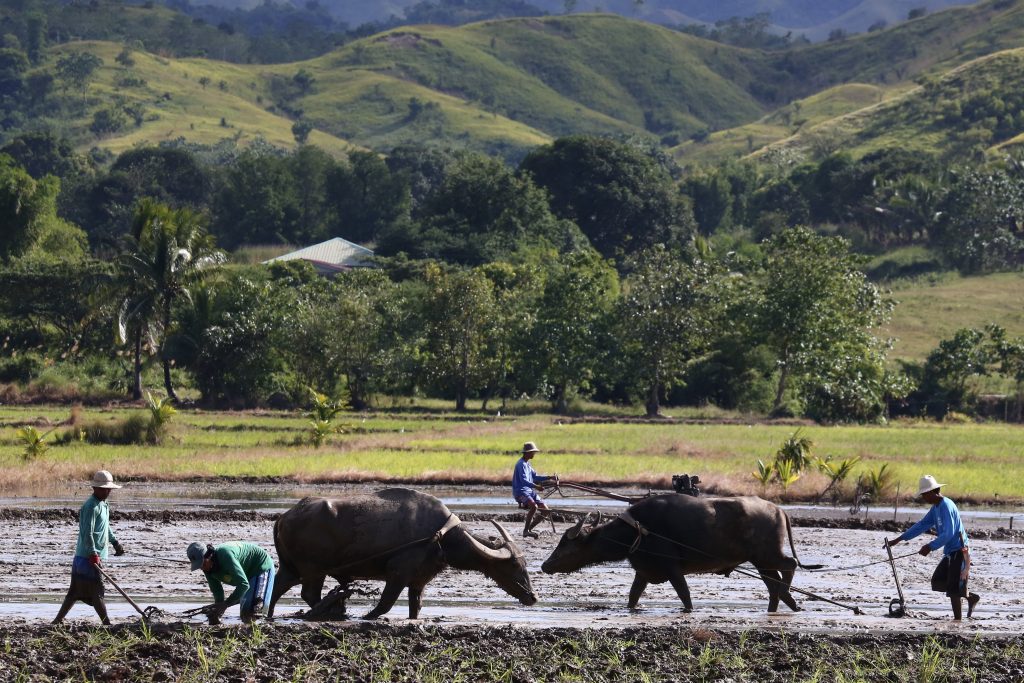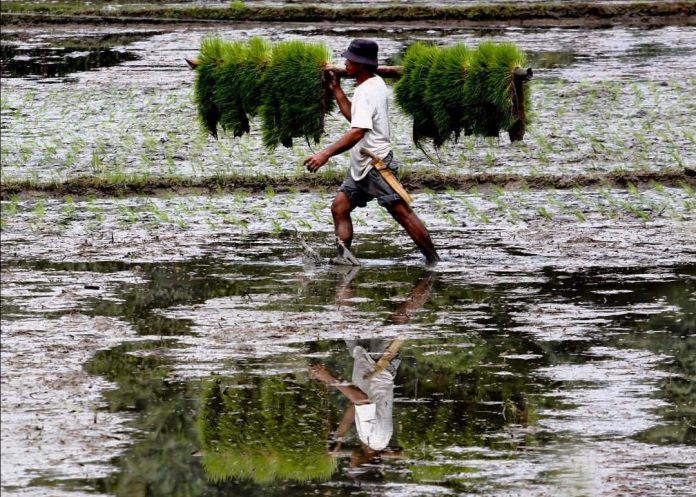The Philippines is an agricultural country, thus, any short or long-term development can be won or lost through agriculture. But so far, we cannot claim any short or long term development from agriculture.
Based on a study done by the United Nation’s Food and Agriculture Organization, agriculture “has only contributed .02% to the Gross Domestic Products (GDP) in the last decade.”
Because of this, three out of four young farmers have already left farming and have gone to urban centers to work as janitors, drivers, waiters, or what have you.
Although the government has initiated the “Balik Probinsya, Bagong Pag-asa Program,” its success will only be possible if farming becomes economically and ecologically viable.
Agriculture can never become economically and ecologically viable unless conventional agriculture, which is being promoted by the Department of Agriculture, will be debunked and be replaced by sustainable agriculture.
Yes, there is now the imperative call to debunk the onslaught of dehumanizing poverty brought about by conventional agriculture that has given way to a kind of mode of production and marketing that the peasantry does not control. Because of this set-up, everyone has profited from farming except those who labored under the excruciating heat of the sun – the poor farmers.
Sustainable agriculture has emerged as a response to increasing environmental degradation and the social exclusion of the rural people. In some parts of the country, the issue has gone to extreme proportions. The over-exploitation of natural resources, such as heavy deforestation, degradation of the land and groundwater depletion, makes it difficult to sustain agricultural growth and reduce rural poverty.
The massive use of chemical fertilizers may have paved the way to increase productivity, but the social and environmental costs were just too high. Moreover, such increases were not sustainable as they threaten the food security of future generations. The pursuit of short-term gains in productivity has resulted to trade-offs in sustainability.
Shifting to sustainable agriculture means trusting in the innate processes of nature as the usage of pesticides and insecticides has already made extinct many of the beneficial insects. In fact, we should learn from what the king of Thailand did in 1997 after the signing of the Asian Free Trade Agreement (AFTA) in 1997 in Cebu, Philippines.

As we all know, after that signing, the king of Thailand took off his robe and crown and worked with Thai farmers and told them not to use chemical fertilizers, herbicides, and insecticides as these chemicals would kill beneficial insects.
The king further encouraged farmers not to use tractors as the emissions would deplete the ozone layer. Instead, he said to use carabaos because the wastes of the carabaos will fertilize the soil.
Thus, Thai farmers were able to lower down the production cost of rice to only PhP5 per kilogram. In the Philippines, the five million rice farmers are producing rice at the tune of PhP15 to PhP20 per kilogram as our farmers have been buried all these years in conventional agriculture that is dependent on the use of chemicals.
It was so disappointing to the five million rice famers when the Rice Tariffication Law was passed, allowing the entry of cheaply grown rice from Thailand and Vietnam that was only sold at about PhP10 per kilogram.
Never will the Philippine rice farmers compete. Because of that, the Secretary of Agriculture tendered his resignation, knowing that for every one peso loss of the Filipino rice farmers, there is an equivalent one billion peso-loss to the farming communities. Five to ten-peso loss per kilogram means some five to ten billion-peso loss in agriculture.
Are you still wondering why based on the research-study of the UN-FAO, agriculture in the last decade only contributed .02% to the GDP?
The peasantry is now the poorest of the poor because of conventional agriculture being promoted by the Department of Agriculture. The rural people are also the primary victims of the war in the countryside and of climate change.
Orlando Ravanera is former chairman of the Cooperative Development Authority. After his retirement, he spends more time on his environmental advocacies and in his work for the indigenous people in northern Mindanao. All views and opinions express here are his own and do not reflect the views and opinions of LiCAS News.









